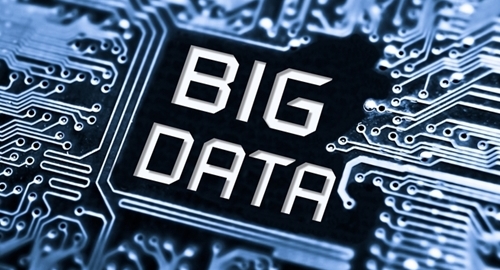HRIS software systems could help participating companies take advantage of data generated by workers in various ways. Leaving these sources unrealized may mean businesses are missing out on important means by which to improve operations through analytics.
In an article for HRMagazine.co.uk, Scott Beagrie explores the possible benefits that come from using payroll information to inform other processes. While analytics are applicable to different aspects of a business’ functions, payroll in particular offers a wealth of data to consider.
By taking advantage of the advances made in available technology, Beagrie argues, HR professionals have the chance to draw from important factors that affect each individual employee, including employee absences, overtime and raises. Information taken from recent instances can contribute to predictions and forecast for future performance.
Both employees and employers benefit from proper use of organizing software, under this scheme. Taking cues from changes in the workplace, intelligent tracking systems present means for supporting each worker effectively. Balancing financial resources and integrating payroll data into other sectors leads to better operation efficiency for companies, too, especially with cloud-centered computing becoming more prevalent.
One of the experts Beagrie quotes is Ian Hodson of the University of London, who said that payroll has been overlooked when it comes to uses for big data.
“Payroll is the only area of most organisations where, for the core workforce, you have both the people and the associated costs, making it a hybrid of HR and finance functions, and a really important entity in its own right,” he said.
When preparing for a new system install, administrators should bear in mind the impact of syncing up HRIS payroll systems with standard activities. Look at the key aspects of payroll that could contribute to analytics tasks and turn to consultants for advice as necessary.

